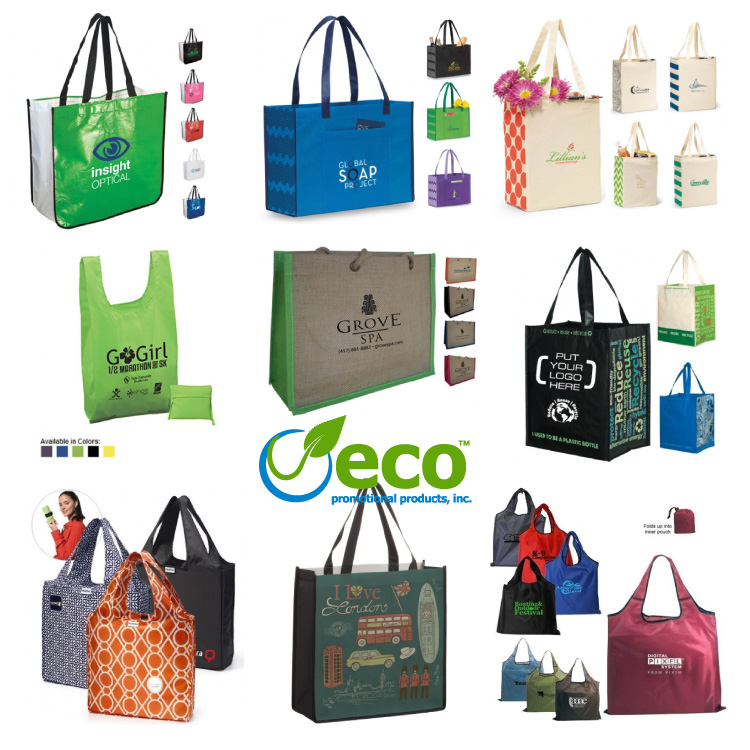Are plastic bag bans working? Chicago says ‘yes’. Reusable Bags are the promotional product that never goes out of style.
In the 1950s, as paper shopping bags became more affordable to produce, grocers began offering them free of charge to customers. In 1965 a Swedish company patented the “T-shirt” style plastic bag and by the 1980s, these low cost bags were found in grocery stores across the country. At the end of the century, environmentalists began looking at the effects of plastic bags on the environment. Researchers exposed the negative environmental impact of producing these bags and the harm they can do to wildlife and plumbing when discarded. These discoveries led to an international movement of plastic bag bans.
San Francisco became the first American city to pass a law banning single-use plastic bags in 2007. Today, approximately 20 million Americans are currently living with some form of disposable bag law.
Chicago adopted a partial bag ban in 2014 in which large retailers had to replace thin plastic bags with thicker bags that could, in theory, be reused. Unfortunately, consumers were not reusing these bags. In February of this year, Chicago abandoned the original partial bag ban and switched to a 7-cent tax on all disposable bags, paper included. For those shopping at Chicago’s Mag Mile, purchases at stores like American Girl or Tiffany & Co. would incur a 7-cent tax on the store’s highly recognizable paper bags.
A recent study of Chicago’s bag tax proves the tax is working. The number of plastic and paper bags used by shoppers at Chicago grocery stores dropped 42 percent in the first month. New York City might want to look at the success of Chicago’s bag tax. Earlier this year, the state government passed a bill that killed New York City’s proposed 5-cent bag tax law. Unlike Chicago where the city gets five cents from the sale of each bag and the store owner gets two, merchants in NYC would have received the full five cents with nothing going back to the city. Opponents of New York City’s bag tax felt it was an unfair burden on the poor and only benefiting private companies who would be rewarded financially.
Despite the lack of support from New York State’s government, New York City is still working to minimize waste in the city. New York City’s Department of Sanitation is working towards contributing zero waste to landfills by 2030 with its Zero Waste Program. Initiatives of this program include city-wide composting, enhancing recycling and reducing the use of plastic bags. The Department of Sanitation collects more than 1,700 tons of single use carry-out bags per week and costs the city $12.5 million annually to dispose.
Eco Promotional Products offers a wide variety of eco-friendly bags in many styles, colors and fabrics. Reusable shopping bags are used so frequently that impressions are higher than most other promotional products, leading to a continued high return on investment. Let us help you find the best bag for your next campaign.



